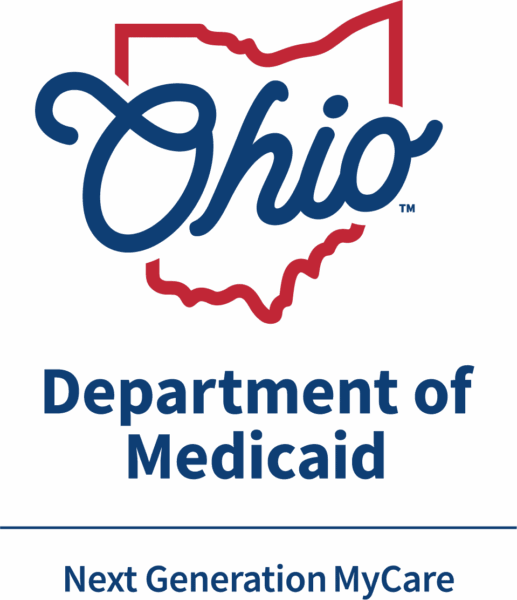What is the Medicaid Management Information System?
The Medicaid Management Information System (MMIS) is a technical system that processes claims and information for State Medicaid programs. The MMIS uses the information to ensure that a state is eligible for federal funding. This system controls business functions directly related to Medicaid, such as the following:
- Beneficiary inquiries and services
- Healthcare provider inquiries and services
- Administrative cost control per program
- Claims control operations, including computer programs
- Management reporting
The Center for Medicare and Medicaid Services confirms and certifies with each State that their Medicaid Management Information systems are compliant with the guidelines. The states’ management of their respective programs must satisfy all regulatory requirements. If the programs are not run efficiently or are not organized enough to satisfy the Center for Medicare and Medicaid Services, states will not receive certification, and then can’t receive federal funding for their Medicaid systems.
Every state’s Medicaid Management Information System has an automated claims processing system that helps support all Medicaid management activities.
For example:
- Provider applications and screening
- Beneficiary applications and screening
- Decision support systems
- Claims processing
- Third-party provider information
The Federal government and State Medicaid agencies also use the Medicaid Management Information System for program audits as well as to check for fraudulent activity.
What is the Medicaid Management Information System Certification?
Medicaid Management Information System certification is a process that is conducted by state agencies, as well as the Center for Medicare and Medicaid Services. This process is done to guarantee that state healthcare providers comply with all conditions set in the Medicaid Regulations so that Medicaid providers can perform their services lawfully.
The role of the Center for Medicare and Medicaid Services (CMS) is to keep current with all existing federal regulations in regard to Medicare and Medicaid programs in the United States. For the states to comply with these regulations, the CMS has published the Medicaid Enterprise Certification Toolkit. The CMS advises that all states, as well as local program providers and vendors, periodically review the latest published versions of the Toolkit to make sure they are always in federal compliance.
The most recently updated version of the Toolkit was published in August 2018 and included updates that made it simpler for states to ensure that they are in line with all federal regulations. A major aspect of this certification is the group of milestone reviews that states must complete.
The major milestones are as follows:
- Access and delivery
- Care management
- Decision support system
- Integration and Utility
- Intermediary and interface
- Member enrollment
- Pharmacy checklist
- Program integrity
- Provider Management
- Standards and Conditions
- Third-Party liabilities
These milestones come complete with checklists so that states can work through their programs, and also receive satisfactory regulation feedback. The Toolkit and milestones are flexible enough so that they can vary with any State’s unique approach to the Medicaid program.
Does the Medicaid Management Information System play a role in processing Medicaid claims?
Yes, the Medicaid Management Information System plays a major role in processing Medicaid claims. The system was created so that states could streamline their Medicaid models to be efficient, simple, and compliant with all federal requirements. Claims processing can be a difficult system, especially when a large population is required to become eligible. However, through the Medicaid Management Information System, states can checklist their beneficiaries and providers so that everyone can comply.
Medicaid program eligibility is mainly determined by the income level of beneficiaries and their access to financial resources. For example, in most states, having limited resources or assets is a requirement to be eligible for Medicaid. Along with financial requirements, the Center for Medicare and Medicaid Services must ensure that eligible beneficiaries can be sorted into more specific categories. These include the following criteria:
- Age
- Pregnancy
- Disability
- United States citizenship
- Immigration admittance status
Exceptions can be made for persons who are facing other health or financial hardships. Examples of this would be those who are living in nursing homes, or perhaps those who have permanently disabled children living in their residence. In most states, a minor can be eligible for Medicaid insurance regardless of their parents’ or guardians’ eligibility.
In addition to eligibility being a tricky process to navigate, the ultimate billing of the Medicaid receipt and provider can be difficult as well. Some providers want their billing process to be modified so that their organization can easily receive the government funds. Verifying the patient’s status with Medicaid is usually time-consuming for providers, and they generally would rather not deal with the grueling verification process.
The overall responsibility of the Medicaid Management Information System is to mitigate the difficulties of the standard Medicaid process. The Medicaid Management Information System was created so that states and their providers could easily check eligibility of a beneficiary for receiving Medicaid, and properly process any claims so that they comply with federal law.






